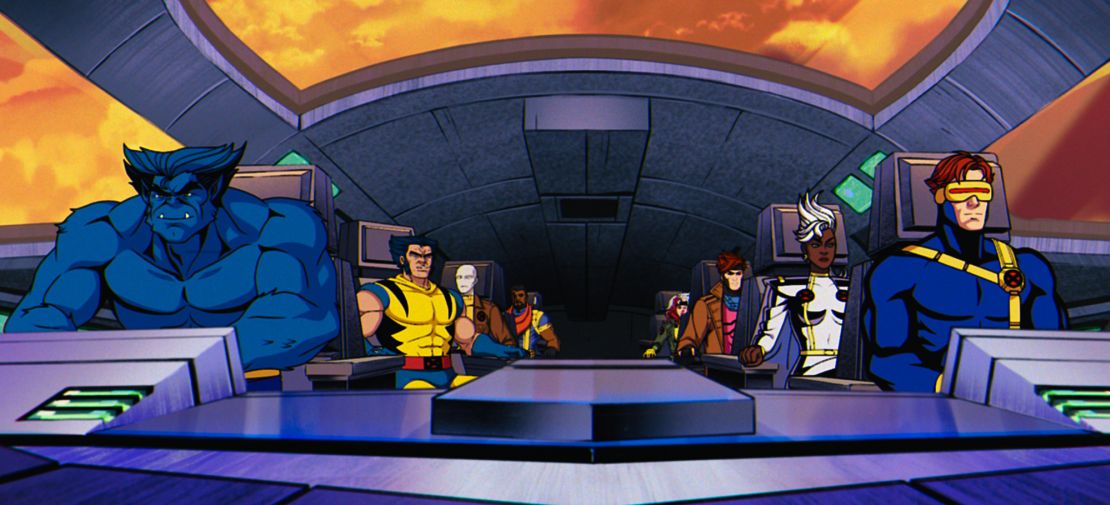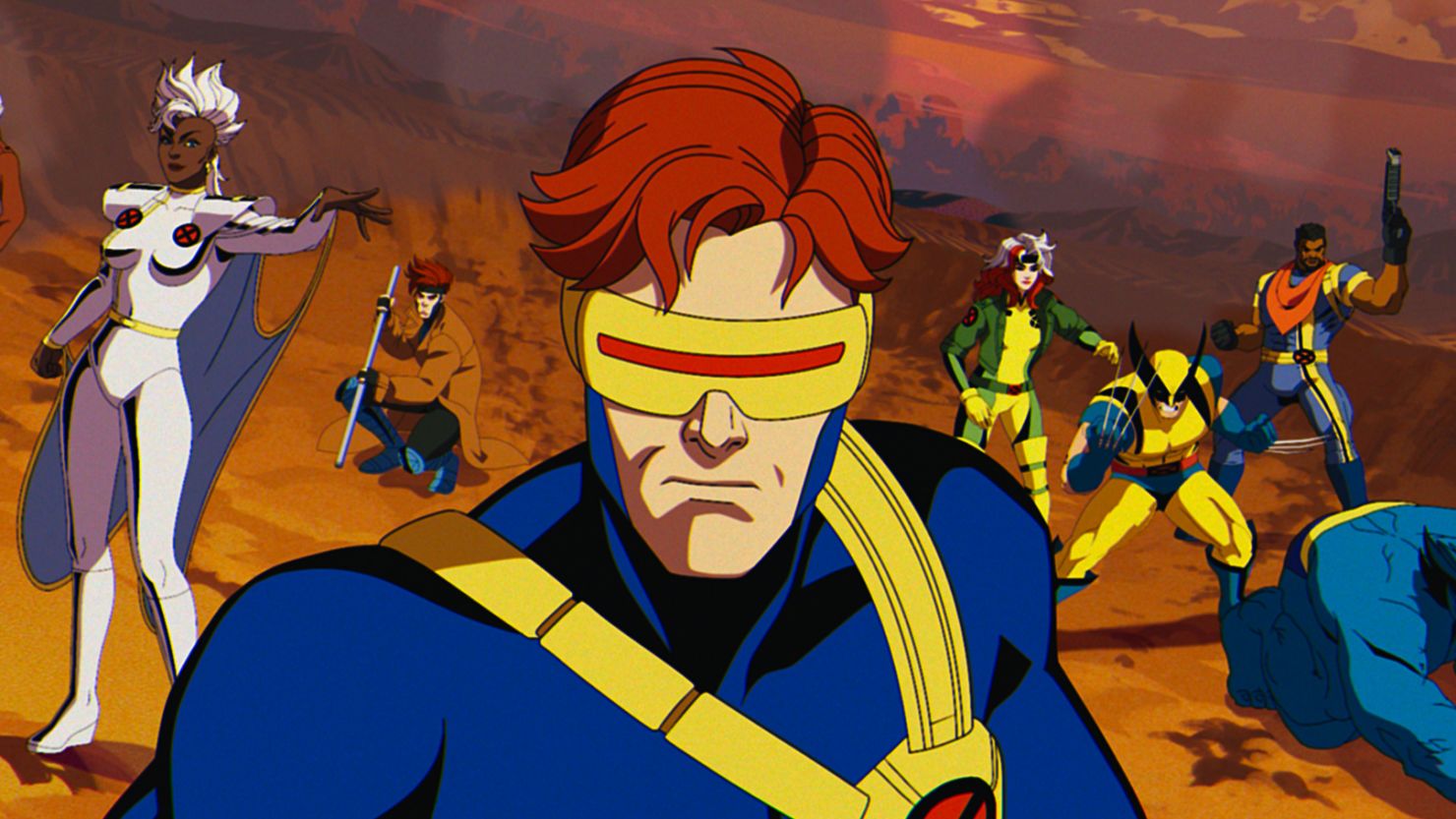“X-Men ‘97” at first seems like narrowly pitched made-for-streaming fare, reviving a cultish animated Saturday-morning series launched more than 30 years ago, basically picking up where that show left off.
Look a little closer, though, and “X-Men” could offer clues, and signposts, as Marvel pivots into a next phase that hinges on incorporating that popular property and Fantastic Four, two staples of Marvel Comics that have returned to its cinematic fold after decades under the stewardship of 20th Century Fox.
Marvel parent Disney’s 2019 acquisition of key Fox entertainment assets, including the rights to X-Men and Fantastic Four, has fueled excitement about where those titles will go as they’re incorporated into Marvel’s interlocking universe. That’s perhaps especially true of the latter, after two stabs at “Fantastic Four” movies that generally underwhelmed fans.
How does “X-Men ‘97” fit into that? Because the original series, which ran for five seasons starting in 1992, accomplished two things that seem vital to invigorating Marvel’s lineup, from Disney+ series to theatrical blockbusters: embracing the comics in a way that satisfies hardcore fans while still appealing to more casual consumers; and attracting adults while playing well with kids, without stooping to reach them.
The animated “X-Men” series pulled off that delicate high-wire act, notably, eight years before the movies began with Hugh Jackman’s breakout role as Wolverine, with another eight passing before “Iron Man” launched Marvel’s “cinematic universe.”
Despite playing on Saturday mornings – a window predicated, in terms of advertising, on ratings among children under 12 – the show shocked executives by attracting plenty of teenagers and young men, who, after years of disappointing comic-book adaptations, embraced one they could enjoy for its ambitious storytelling and fidelity to the comics.
As Eric Lewald, the head writer on the original series, wrote in his book “Previously on X-Men: The Making of an Animated Series,” back in 1992, “almost nobody in Hollywood believed that an X-Men TV series could possibly work.”

Fortunately, one of the people who did was Margaret Loesch, a former head of Marvel Productions, who had left to launch the Fox Children’s Network and persuaded her bosses to take a chance on the show.
The result was a series that captured X-Men’s central metaphor – students at Charles Xavier’s School for Gifted Youngsters, who, as mutants, face extra pangs of teen alienation and feeling different – with the audacity to translate the comics without cute robots or forms of pandering frequently found in earlier shows.
Taking advantage of the streaming format and passage of time, “X-Men ‘97” is a little more adult in tone than the original, though it remains true to its spirit and incorporates plenty of familiar trappings, from the animation style to the memorable musical theme.
The bigger picture, of course, involves Marvel’s rough stretch at the box office – along with rival DC and others – amid the malaise stemming from the rise of streaming, an associated glut of Marvel series and the shift toward at-home viewing due to Covid. After an enviable run of hits, the suddenness of that has shaken theaters and studios, while leaving Disney in self-reflection mode trying to get Marvel back on track.
“X-Men ‘97” will play on a smaller screen, but its unexpected, demographic-straddling success in the ‘90s still seems relevant to the challenge Marvel must master to rekindle its magic. Nor will that involve a one-size-fits-all approach, as enthusiasm around the upcoming “Deadpool & Wolverine” would suggest.
In keeping with a theme from the comics, the question is what comes after a mutation, and in this case, whether it can set Marvel on a path to the next phase in its evolution.
“X-Men ‘97” premieres March 20 on Disney+.
